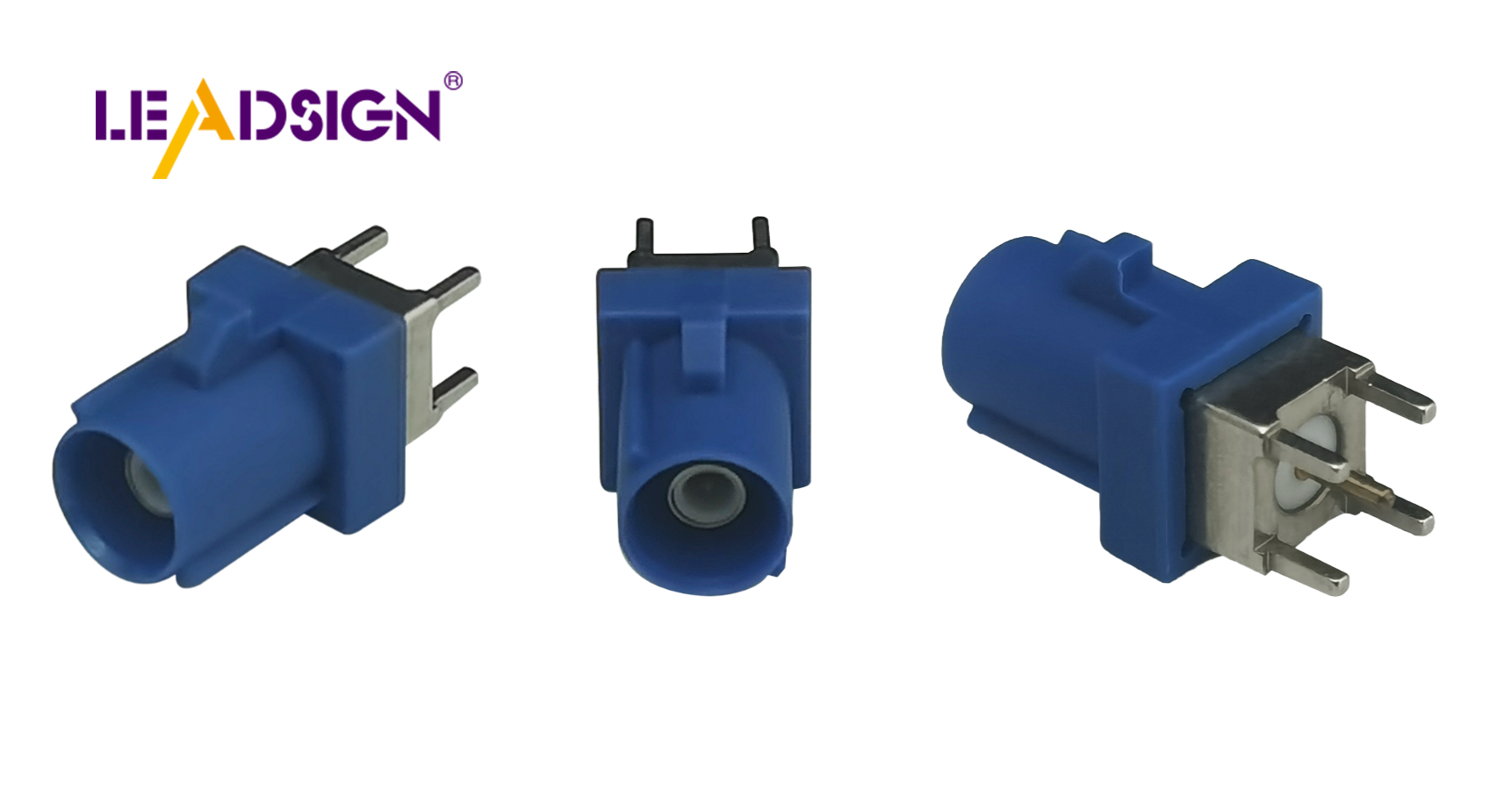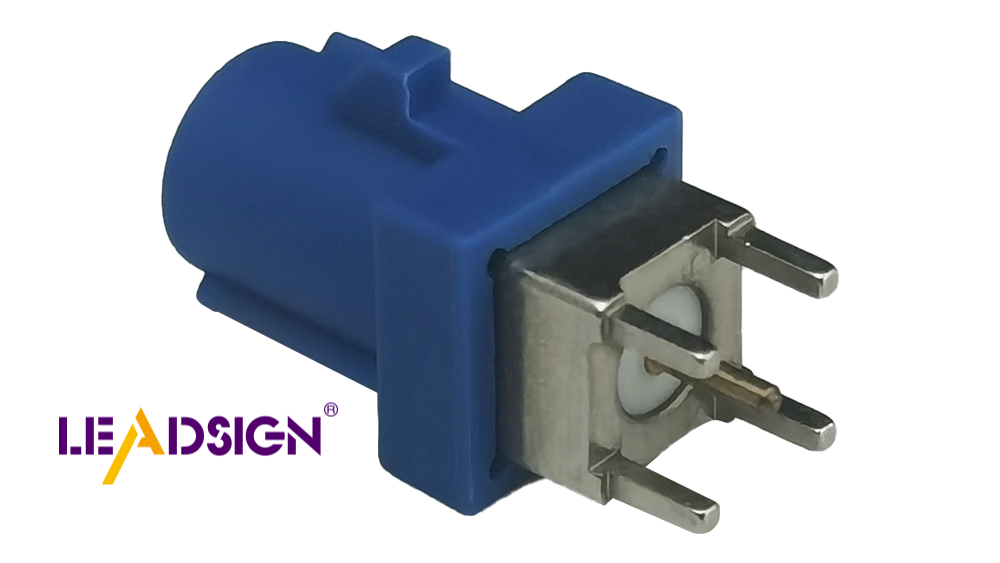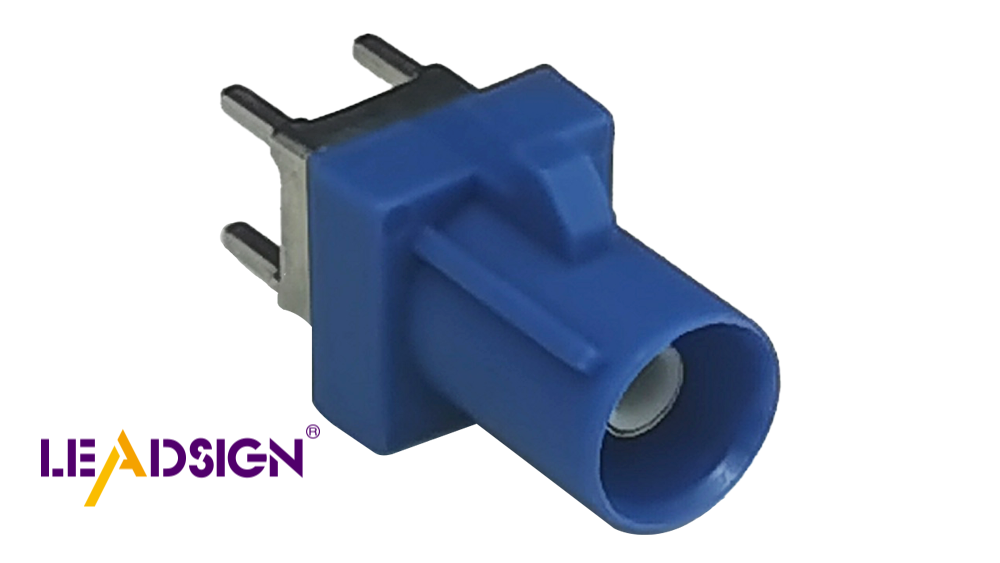How Top Brands of Automotive Harness Connectors Stack Up

Automotive harness connectors are important for today’s cars. They help keep electrical connections working smoothly.
Engine control units need steady connections to avoid problems.
Airbag systems must have strong links to work in crashes.
ABS and traction control systems need steady power for safety.
Picking a good brand makes sure they last and work well, keeping your car safe.
Key Takeaways
Car harness connectors are important for safety and working systems. They link electrical parts, so strong connections are very important.
When picking a connector, check if it handles heat and wetness. Good connectors last longer and keep signals strong.
Leading brands like TE Connectivity, Amphenol, and Yazaki make smart designs for different car needs. Choose quality and fit for better, longer use.
Overview of Automotive Harness Connectors

What Are Automotive Harness Connectors
Automotive harness connectors are very important in modern cars. They connect different electrical systems, helping them work together smoothly. These connectors send power, signals, and data to systems like the engine, airbags, and infotainment. They are built to handle tough conditions like heat, vibrations, moisture, and rust.
These connectors have locks to stop them from coming loose. They also fit properly to avoid bad connections or system problems. Even with strong vibrations or impacts, they stay connected. This makes them essential for keeping cars safe and working well.
Types of Automotive Harness Connectors
There are many types of harness connectors for different uses in cars. Common ones include:
Pigtail connectors: Used to fix or replace broken cable ends.
Terminal blocks: Allow multiple connections and come in different styles.
Bullet connectors: Easy to connect and disconnect quickly.
Scotch Locks: Join wires without needing to strip or solder them.
Some connectors, like the Z27C2 for headlights or the R62C8 for radar sensors, are made for specific car systems. These options fit different car models and needs.
Key Features to Look For in Automotive Electrical Connectors
Good automotive electrical connectors have special features. Here's how they compare to regular ones:
Feature | High-Quality Connectors | Standard Connectors |
|---|---|---|
Environmental Conditions | May not last in tough conditions | |
Mechanical Factors | Have strong locks and strain relief | Often lack secure locking features |
Type of Termination | Offer many ways to keep signals strong | Fewer options for connections |
Material | Made with strong plastics or metals for heavy use | Use weaker materials |
Signal Integrity | Low resistance for better signals | Higher resistance causing signal loss |
Interchangeability | Work with many brands and advanced systems | Limited to fewer systems |
When choosing car connectors, look for strength, good signals, and compatibility. These features help them last longer and work better in tough car conditions.
Top Brands of Automotive Harness Connectors
TE Connectivity: Smart and Flexible Designs
TE Connectivity is known for its smart connector designs. Their Generation Y 68P Sealed Hybrid Inline Connector combines power, signals, and data in one. This makes wiring simpler, lowers car weight, and reduces production work. These features make it popular for modern cars needing advanced systems. TE Connectivity also makes products for other industries like machines and IoT, showing its flexibility.
Amphenol: Strong and Reliable Connectors
Amphenol connectors are built to last in tough conditions. Their strong shells resist damage and rust, while locks keep them steady during vibrations. They work in temperatures from -65°C to 200°C and block out water and dirt. With great shielding, they keep signals clear, making them dependable for hard automotive tasks.
Yazaki: Trusted Leader in Wiring Systems
Yazaki is a top name in car connectors. Their connectors are small, strong, and very reliable. They fit tight spaces and handle important car systems well. Yazaki’s high-voltage connectors improve car performance by safely sending power and data. Their affordable designs also cut down on repair costs over time.
LEADSIGN: High-Frequency FAKRA Connectors
LEADSIGN focuses on FAKRA connectors for high-frequency uses like GPS and cellular systems. These connectors work up to 6 GHz with little signal loss. They are tough, waterproof, and lock securely, making them great for modern car tech. LEADSIGN’s connectors meet strict car industry standards for precision and durability.
Molex: Small and Dependable Connectors
Molex makes small, reliable connectors like the MX150 and DuraClik series. These connectors are made to work well in tough conditions. Their small size saves space, which is perfect for today’s cars with limited room. Molex ensures their connectors meet the needs of modern vehicles.
Detailed Comparison of Top Car Connector Brands

Durability and Build Quality
Durability means how well connectors handle tough car conditions. Top brands like LEADSIGN, TE Connectivity, and Amphenol are great at this. LEADSIGN connectors work with fast data up to 28 Gbps. They stay strong for at least 25 uses. TE Connectivity makes connectors that survive extreme weather but stay flexible. Amphenol connectors resist damage from the environment, perfect for modern cars. Yazaki and Delphi Packard also make strong connectors. Yazaki focuses on small, flexible designs. Delphi Packard is known for handling bad weather well.
Brand | Durability Features |
|---|---|
LEADSIGN | Works with fast data, lasts for 25 uses |
TE Connectivity | Tough in bad weather, stays flexible |
Amphenol | Resists damage, good for modern cars |
Yazaki | Durable, small, and flexible design |
Delphi Packard | Strong in harsh weather |
Sumitomo | Handles heat and wet conditions |
Cost-Effectiveness and Value
Cost-effectiveness means getting good quality for the price. Yazaki offers affordable connectors that work well. LEADSIGN has waterproof and high-tech features, giving great value. TE Connectivity and Molex focus on lasting quality, saving money on repairs.
Innovation and Unique Features
Innovation makes these brands stand out. LEADSIGN’s FAKRA connectors work with GPS and car tech. TE Connectivity combines power, signals, and data in one connector. Molex makes small connectors that save space in cars.
Availability and Customer Support
Good availability and support mean you can get connectors easily. TE Connectivity and Amphenol have global networks. LEADSIGN offers custom options for specific car needs. Yazaki and Molex also give great customer service, making them dependable.
How to Pick the Best Connector for Your Needs
Things to Think About for Your Application
When picking a car harness connector, check if it fits your needs. First, think about the environment it will face. If it will deal with heat, water, or dirt, pick one that can handle these. Mechanical strength is also important. Choose connectors with strong locks that stay secure during vibrations.
The way the connector attaches matters too. Soldering, crimping, or screw-on types affect signal strength differently. Plastic connectors work for light tasks, but metal ones are better for heavy jobs. Good signal quality is very important for modern cars. Pick connectors with low resistance and strong materials to avoid signal problems. Also, make sure they work with many brands. This makes finding replacements easier and saves time.
Finding the Right Balance Between Cost and Quality
It’s important to balance price and quality when choosing connectors. High-quality connectors may cost more at first but save money later. They last longer and need fewer repairs. For example, FAKRA connectors are strong and handle high frequencies well. Spending more on good connectors helps avoid system problems and expensive fixes.
Picking the right automotive harness connector means knowing what each brand does best:
TE Connectivity makes strong connectors that work in tough conditions.
Amphenol is great for fast data transfer in advanced systems.
Yazaki designs flexible connectors for complex car electronics.
LEADSIGN creates small, affordable options for modern cars.
To choose the best one for your needs:
Think about what it will be used for, like voltage or weather.
Pick materials that won’t rust or wear out.
Make sure it works with both old and new technologies.
Focus on quality and certifications for lasting performance. Balancing price and quality gives you the best deal.
FAQ
Why are automotive harness connectors important in cars?
These connectors keep electrical systems working properly. They handle tough conditions and support modern car tech like GPS and safety features.
How can I pick the best connector for my car?
Think about where it will be used and how strong it needs to be. Make sure it fits your car’s systems and meets quality standards.
Why is the market for car connectors growing fast?
More people want advanced car tech like electric cars and GPS. This has increased the need for better connectors that work with these systems.
See Also
Enhancing Automotive Performance Through HFM Connector Usage
Why HSD Connectors Are Essential for Automotive Applications
Understanding HSD Connectors: A Guide for Automotive Professionals
Improving Data Transmission in Vehicles with Advanced Connectors
Discovering How Fakra Connectors Enhance Automotive Connectivity

